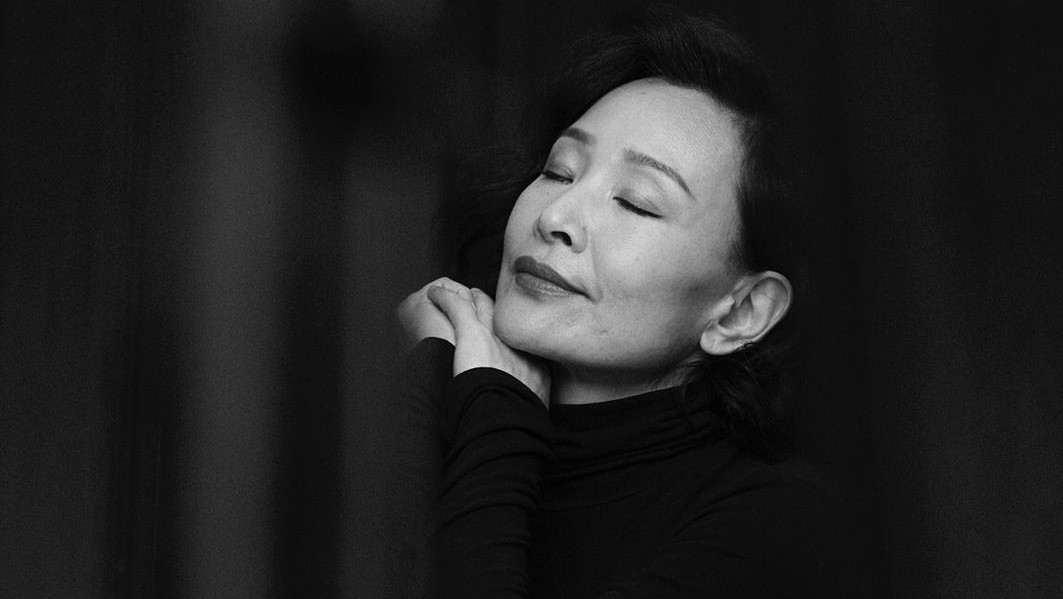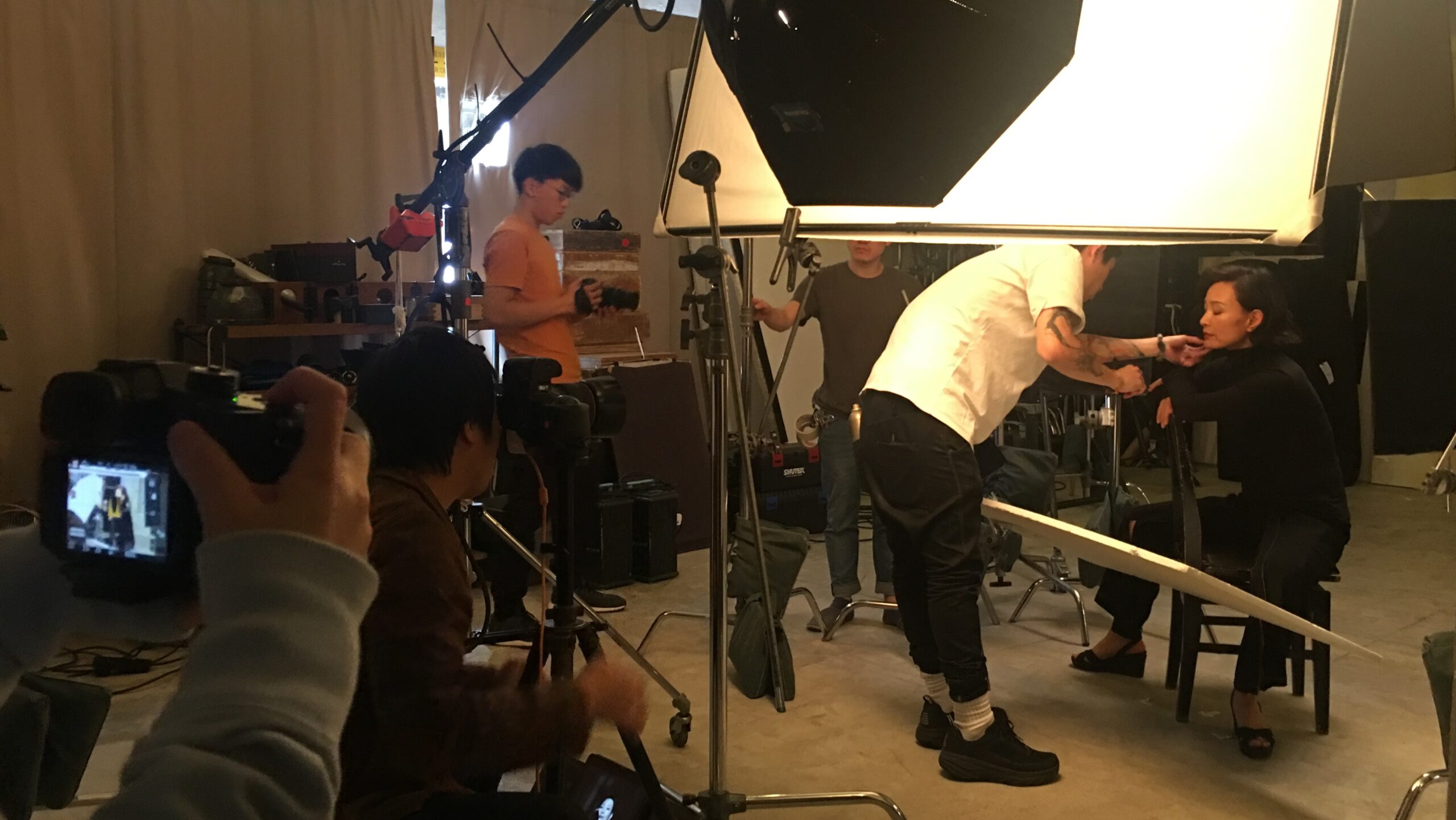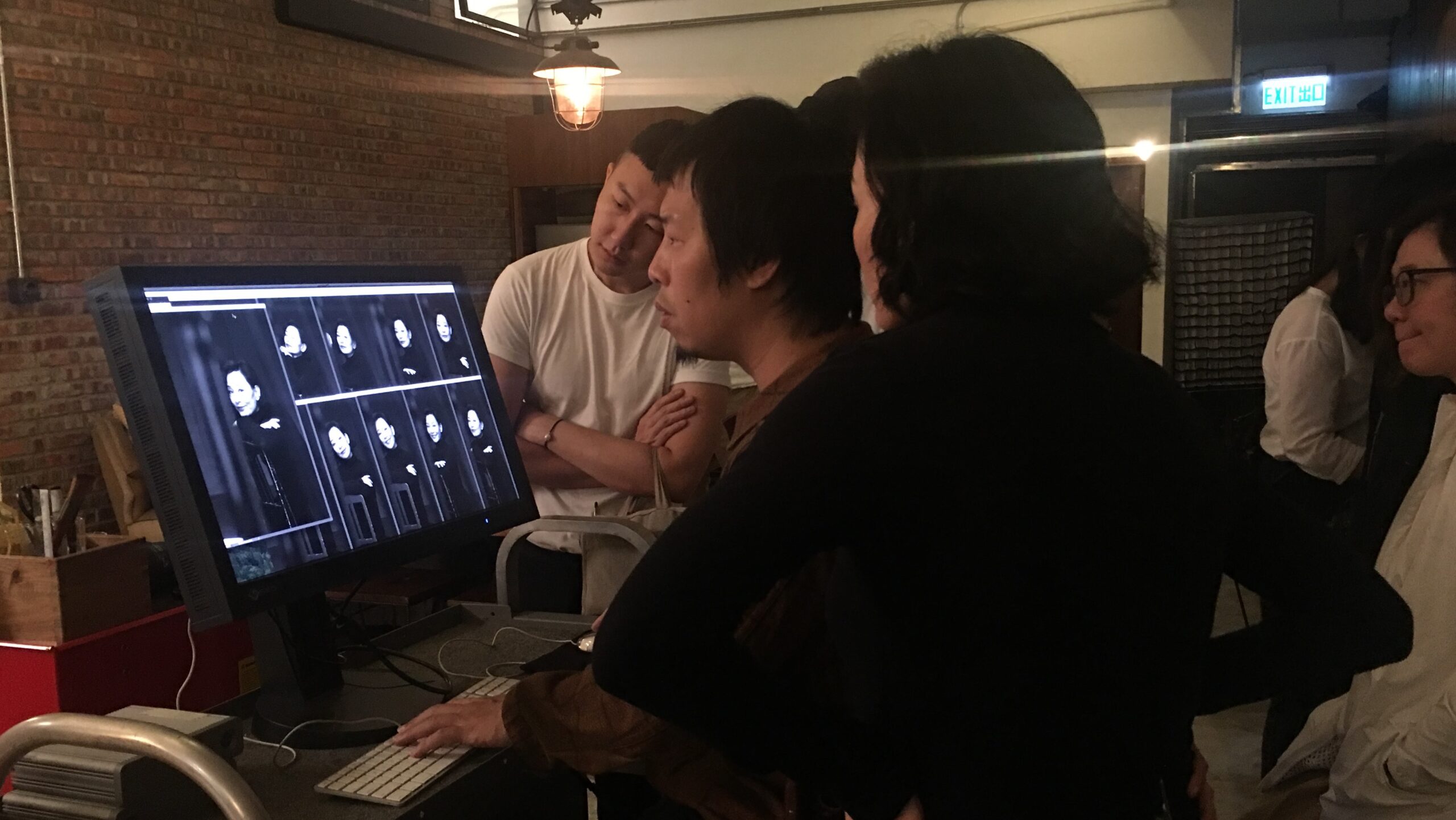
ジョアン・チェン
審査委員長
One of the most iconic Asian actresses in world cinema, Joan CHEN made her film debut at the age of 14 in XIE Jin’s Youth (1977). She won Best Actress at the 3rd Hundred Flowers Awards for her performance in Little Flower (1980), only her second film. CHEN later moved to the United States to study at California State University, Northridge. During her time in the US, she landed a small role in Wayne WANG’s Dim Sum (1985) and a starring role in Tai-Pan (1986). After her performance as Empress Wanrong in Bernardo BERTOLUCCI’s The Last Emperor (1987) put her in the global spotlight, CHEN also wowed audiences around the world as Josie Packard in David LYNCH’s Twin Peaks (1990). In 1993, she returned to Chinese-language cinema with an audacious performance in Clara LAW’s Temptation of a Monk. CHEN’s performance in Stanley KWAN’s Red Rose, White Rose (1994) earned the actress her first Golden Horse Award for Best Actress. In 1998, CHEN made her first foray into directing with Xiu Xiu: The Sent Down Girl. The film won seven Golden Horse awards, including Best Screenplay, Best Director and Best Film. In 2007, she won both the Golden Horse Award and the Australian Film Institute Award for Best Actress for Australian drama The Home Song Stories. In the same year, she won the Asian Film Award for Best Supporting Actress for JIANG Wen’s The Sun Also Rises. CHEN returns to the director’s chair this year with Chinese-language film English.
Interview
As the Jury President of AFA13, what criteria will your jury have when picking the winners? And what do you think is unique about the AFA?
When I serve as a jury member at a film festival, I look for films that can move me, offer me something new, excite me, inspire me and break existing barriers. Having the intuition for that is the most important thing to have as a viewer.
As for the Asian Film Awards, I look forward to discovering stories from around the region, because they’ll be different from those from Europe and North America. Many film festivals are centred around European and American traditions, so we should seek out stories from other places. Film has a way of attracting people into new realms, showing them different lives, people and stories. I hope to see things that I haven’t seen before.
As an international filmmaker, how do you see the future of Asian Cinema?
I believe that the global audience have been paying more attention to Chinese and Asian cultures mainly due to geopolitics. As for art, even South Korea’s Burning (2018) and Japan’s Shoplifters (2018) were released in arthouse cinemas in the US because there is still an audience for them. It didn’t seem so long ago that China’s Fifth Generation directors had just begun to bring their films overseas, when those films seemed so hip and fresh at the time. That’s not the case anymore; audiences now appreciate Asian films as films rather than as hot commodities. Global audiences need films like this to make them see that humanity is universal. I believe many things that humanity will face in the future transcend national borders.


What are your thoughts about film restoration?
There are a countless number of films produced every year, but only few of them are truly great. I think those great films should be preserved for a long time, like putting them in a time capsule. Restoring old films, such as BERTOLUCCI’s The Last Emperor (1987), actually make them new again because it gives young people the chance to see the colours of those eras and the way people moved within them.
What has motivated you to keep working in films?
Making movies is fun. It’s an amazing thing that has saved me many times. I didn’t start out wanting to make movies; my school chose me for it. I never dreamt of doing it. If I’m a young person now, there’s a chance that I wouldn’t be making movies. I never had that motivation, nor did I feel that I was particularly suited for it. Nevertheless, I was tasked to do it, and I eventually found it to be a good way to express myself. I’m an introvert who doesn’t like to express my emotions. Film saved me; it gave me a chance to express myself. Even being in a cinema allows me to relax and openly experience emotions. I’m actually quite reserved when I’m with people, so film not only gave me a medium of expression; it also gave me a way to enjoy others’ expression of emotions. That’s why I think film is an amazing thing.
Which do you enjoy more – directing or acting?
I like both. Directing is a little more tiring because it’s an all-encompassing job even though it gives me a chance to express more things. Actually, I’ve come to enjoy acting more since I became a director. First of all, it made me more understanding of my directors. Secondly, it gave me a better idea of what my characters should contribute to stories and their place within them.
What advice do you have for young filmmakers?
I don’t believe in offering advice or warning. Young people don’t need older people to advise them – they should just be themselves. If you have something you truly want to make, then it must be a dream of yours. In that case, you should make it in a film language that you like the most. No matter how you tell a story, it’ll find an audience. Every filmmaker can only make what he or she likes. You can say that only certain kinds of stories can attract an audience, but if you don’t feel anything for a story, then it’s not going to be good. You can’t make something to pander to a certain group of audience; you have to like what you’re making first.
The world will always confuse you and stop you from being yourself. I think the only way to success is to do what you think is best.
